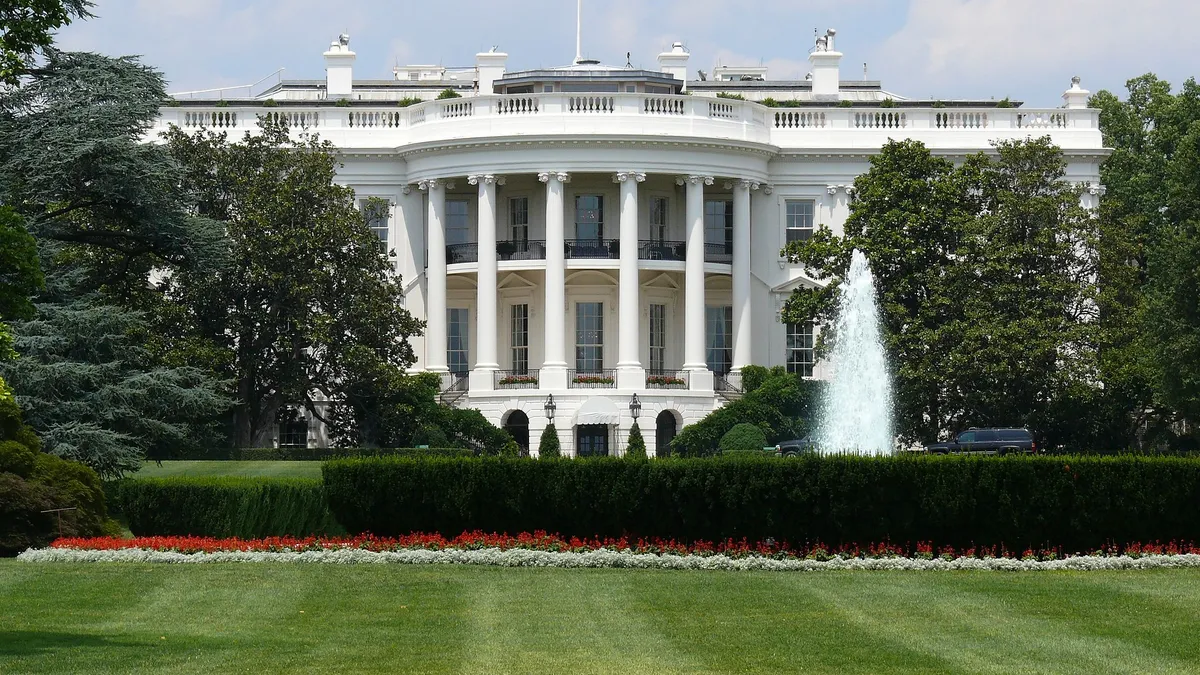Dive Brief:
-
The White House commended Microsoft and Facebook, along with other corporations, for taking actions last week to disable and disrupt North Korean cyberattack exploits, according to a press briefing Tuesday. Microsoft patched existing attacks and "spared many U.S. targets" while Facebook shut down accounts tied to ongoing cyberattacks, said Tom Bossert, homeland security advisor.
-
The government, in conjunction with several members of the Commonwealth realm and Japan, is also publicly attributing and denouncing North Korea as the actor behind May's WannaCry attack. On May 12, when the U.S. government first learned of the malware attack, the Department of Homeland Security called upon its "domestic-industry partnership" and worked with major ISPs, federal CIOs and the IT and cybersecurity industry to issue a public alert and stave off worse impacts, said Jeanette Manfra, secretary for cybersecurity and communications at the DHS, at the briefing.
-
Microsoft actually traced the WannaCry attack back to North Korean government affiliates. Bossert described the company as "a strong partner," adding that there is "no fear that there's any wedge between us."
Dive Insight:
If you thought big tech firms already had a robust portfolio before, try adding national cybersecurity and North Korean deterrence to the list.
Facebook and Microsoft staving off enemy attacks either paints a rosy yet fearsome portrait of tech companies today or a rather dismaying one of national security — or perhaps a little of both.
The public and private spheres can dance along a fine line relating to cybersecurity. While full information and cooperation would be ideal, both for the protection of either party and consumers, in reality neither operate that way. There is still a struggle to offer fluid information sharing between public and private entities, even though procedures are in place to foster threat intelligence communication.
In November, the White House increased transparency around the rules and guidelines federal agencies follow when deciding whether or not to disclose a vulnerability to a company for patching or keep it secret for national security or law enforcement considerations. But trust is a two way street, and tech companies certainly do not always maintain a clean slate.












